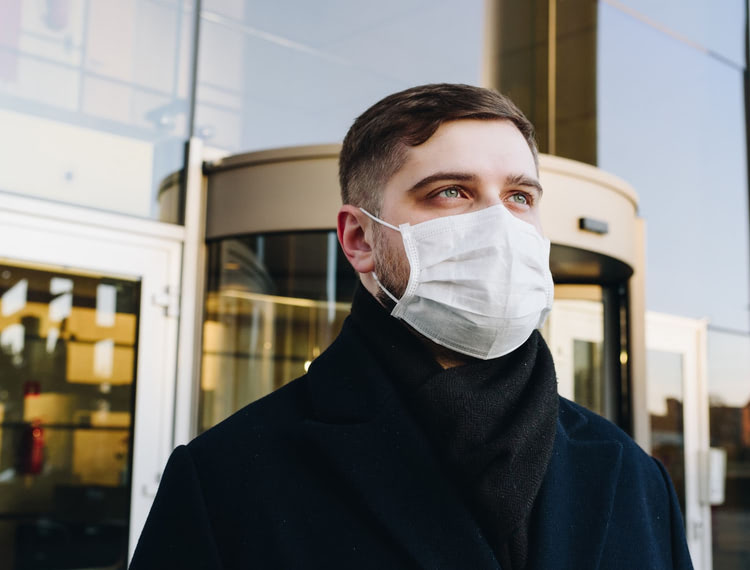Anxious about school return? Scientists share tips for students, parents and the community

@tinaljoshi who is a Lecturer in Molecular Microbiology at @PlymUni shares some advice about returning to school or college.
Care for your community
Dr Tina Joshi says: “A study has just been released in the BMJ highlighting that children have minimal to no symptoms when they contract COVID-19 and are at low risk from infection, which will definitely put minds at rest. But the key thing is to remember that infection control measures are there for our entire community. If we follow them, we’ll all stay as safe as possible. It’s so important to think about reducing risk where we can, and there are basic steps we can all take such as handwashing and wearing facemasks.
“There is low virus transmission in the community so that will reduce the chance of children getting it at school. However, in places which have been locked down there are more cases, and transmission may occur more frequently. So eradicating the virus in the community is very important.”
Be patient
“Research shows us that uncertainty and unfamiliarity increase anxiety levels,” says Dr Sophie Homer. “So the first thing to do is be mindful and patient. We can’t expect too much too quickly – no one has done this before, it’s going to be different, and it’s ok to feel concerned.
“All children are different and going back to school in a pandemic doesn’t automatically mean that they will suffer mentally, but it’s something schools, parents and pupils should look out for. It’s important to share how you’re feeling and be patient in adjusting. Anxiety can manifest in different ways so be kind to yourself and others, and ask for help and support if you need it.”
Prepare and read school guidance
Dr Sophie Homer says: “Anxiety can creep in when we have a fear of getting things wrong. If parents and children sit down together to go through school guidance, and work out together what they need to do, it will definitely help. Having a clear focus prevents doubt from creeping in, and can help with keeping calm.”
Establish your own routine
Dr Sophie Homer says: “Whether you’re returning straight away, on a phased return or not going back for a while, establishing a routine will definitely help to make things feel a bit more normal. Even if it’s something simple like getting uniform ready the night before, it can help to make things feel a bit more familiar and reduce anxiety levels. People keep talking about the ‘new normal’ but everyone’s ‘normal’ is different, so try and establish a few key things that you do every day – it doesn’t have to be the same as what others do – and remember to make time for enjoyment!”
Remember socialising is key
“On the whole, there are definitely positives about going back to school,” Dr Sophie Homer says. “Children will have a sense of community again which can help them to feel really valued. Many schools will be operating in bubbles which absolutely makes sense from an infection control perspective. But social distancing doesn’t have to mean antisocial – you can still talk to friends, even if it’s outside of school. We are social creatures and being around others is important for wellbeing, so maybe meeting up for a socially distanced meal or going to the park can be something to look forward to.”
Wash hands – it’s vital
“Hand sanitiser is no substitute for actually washing your hands,” says Dr Tina Joshi. “There’s been talk of low-alcohol hand sanitisers for children and although they may seem good on first glance, handwashing is the most effective thing you can do. Just basic soap and water for 20 seconds will help stop the spread of any infection.
“In addition, regularly cleaning surfaces is important but make sure you don’t use the same cloth as you’re just transferring germs from one place to another. Dispose of wipes when you’ve finished cleaning a surface. Also gloves are only useful if you dispose of them after touching a surface. Wearing them all day is actually worse than having bare hands and washing them. It goes back to the very simple mantra, washing hands is vital.”
Wear a face mask if you can
Dr Tina Joshi says: “The debate has rumbled on about whether facemasks should be worn, and the current advice is that they should be worn in secondary schools in instances where staying more than one metre apart isn’t possible. It’s important for teachers to socially distance as much as possible due to risk of contracting and transmitting the virus. And it’s worth bearing in mind that wearing a mask is 50% more effective than not wearing one because it prevents germs from reaching the air around us, so wear one if you can.”











Responses